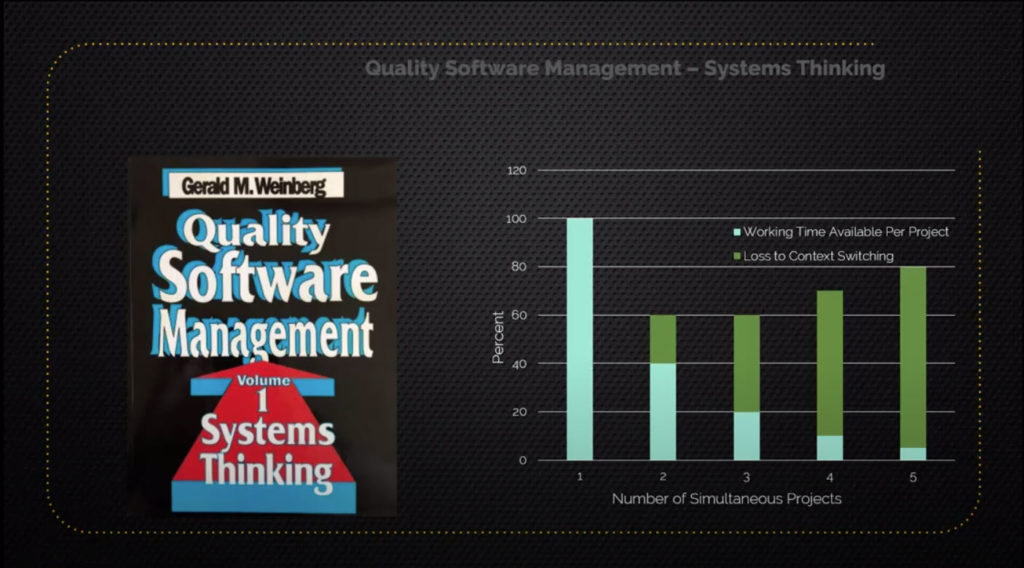I read somewhere that multitasking makes you stupid. So, I did some research to understand why. What I learned was both interesting and revealing. Google Is Your Research Friend.
In my business, the phrase ‘multitasking makes you stupid’ is often quoted. So, I typed the phrase into Google to see what it came up with. Well, that’s not quite true. I typed the phrase ‘multitasking makes you’. This is the list I got back.

Interesting. Over 1 million hits on how it makes you stupid. Also interesting, 6.9M hits on how it makes you more productive. Hmmm. But even more interesting, from a research perspective at least, is the 12.4 million results for the phrase ‘multitasking makes you feel good’!
Multitasking Makes You Feel Good
The top rated article for the phrase ‘Multitasking makes you feel good’, a study by researchers from Ohio State University, looked at the effects on college students.
The findings showed that emotional and habitual needs were most satisfied by multitasking, even if learning and thinking skills were reduced in the process. An example was given whereby students would study a book while also watching a TV show.
Apparently, it can make a dull but necessary task seem fun, less stressful, and more doable. It’s a habit and, like all habits, it’s difficult to break.
Summary: Multitasking Makes You Stupid. But You Feel Good!
There seems to be no argument about multitasking rendering us less intelligent. Even the quoted article on how it can make you feel good starts with this quote: “There’s this myth among some people that multitasking makes them more productive” (Dr Zheng Wang)
But there’s no denying the positive emotional feelings we can get when multitasking. Good organisations, and good coaches, recognise this and work with it. They realise that the behaviour is habitual and difficult to change (not that it stops them).
Want To Prove it To Yourself?
I’ve created a video that contains a simple, short exercise where you can prove it to yourself, or others:

Summary
Multitasking makes us less performant. However, it’s an enjoyable activity and so, we keep doing it. To uplift our performance, all we have to do is to serialize our work. Do one thing at a time until it’s done. For more information on this topic, try my article on context switching and task switching.
One other thought. The technique for serializing work is also used for addressing depresssion. But that’s probably another article altogether.
Leave a Reply